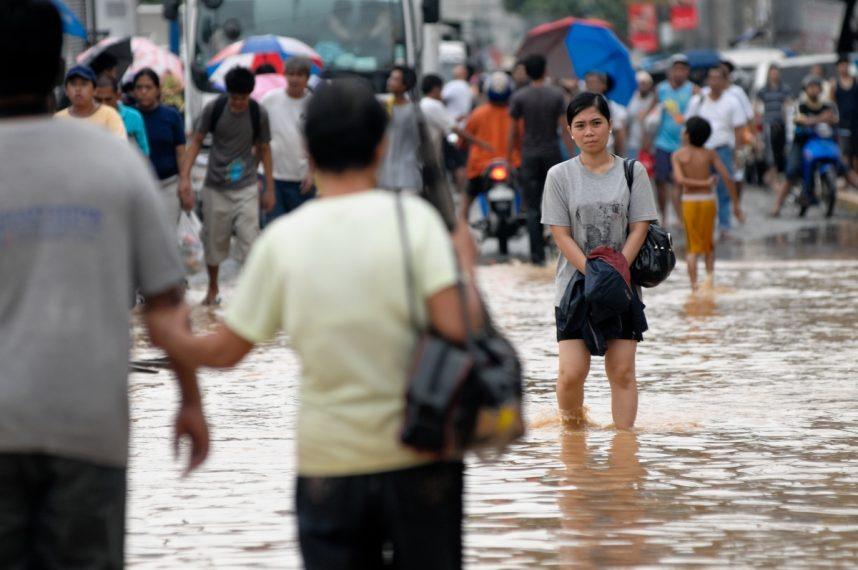Philippines Senate President Ousted After Being Linked to Casino Money Laundering
Posted on: September 13, 2025, 12:58h.
Last updated on: September 12, 2025, 04:00h.
- Political corruption has again hit the Philippines
- It’s alleged that government officials laundered money through casinos
- The money was supposed to be used to help protect against flooding
Philippines Senate President Francis Escudero was removed from the top post of the upper house of Congress after allegations emerged that he played a key role in the government-funded floor control projects corruption scandal.

Escudero lost his post after he was accused of being linked to a flood control contractor that secured many government projects to improve infrastructure in flood-prone areas. The government’s probe of the projects found that some of the 15 contractors that received the PHP100 billion (US$1.75 billion) in money to carry out the water barrier improvements did shoddy work with cheap and substandard materials, or didn’t carry out the projects at all.
PAGCOR, the Philippine Amusement and Gaming Corporation, believes five individuals worked with some of the contractors to help them launder millions of dollars through casinos in Manila, Cebu, and Clark. Escudero is tied to Centerways Construction and Development, one of the 15 contractors, which has donated considerably to his political campaigns.
Philippines Money Laundering
The Philippines worked diligently in recent years to improve its money laundering safeguards. A pillar of President Ferdinand Bongbong Marcos Jr.’s 2022 presidential campaign, the Philippines was removed from the Financial Action Task Force’s “gray list” in February.
The FATF concluded that the country had adequately addressed “strategic deficiencies” in countering money laundering. The detection of 13 casinos allegedly being targeted to launder dirty money perhaps proves that the Philippines is better monitoring money movement.
Senate President Pro Tempore Panfilo Lacson told the chamber that a group of officials at the Department of Public Works and Highways conspired with the contractors to pocket much of the money that was supposed to strengthen flood protection in flood-prone areas, often located in poorer areas. Lacson said based on documents and surveillance provided by PAGCOR, it’s believed the DPWH officials, whom he called the “BGC Boys,” lost PHP950 million (US$16.6 million) gambling.
While the people of Bulacan remain submerged in floodwaters due to the corruption of these individuals — and despite the president himself exposing the wrongdoing — the BGC Boys continue to indulge themselves, wasting the people’s money without remorse,” Lacson said.
PAGCOR reported that the DPWH officials allegedly engaged in not-so-covert money laundering tactics, such as exchanging large volumes of cash but only gambling briefly before redeeming the chips.
“My office has submitted their names and aliases to the Anti-Money Laundering Council since casinos are covered persons under the amended anti-money laundering act,” Lacson explained.
Probe Coming
The Philippines Anti-Money Laundering Council says it will review the allegations and inspect the casinos’ protocols regarding how they handled the large volumes of cash.
Philippines casinos are “covered persons” under the Philippines’ anti-money laundering laws, meaning they must report all suspicions of money laundering or other suspicious activity.
“There is a corresponding penalty under our rules on administrative cases against covered persons. There’s a table of penalties depending on the possible violation,” said Philippines AMLC Executive Director Matthew David.
No comments yet